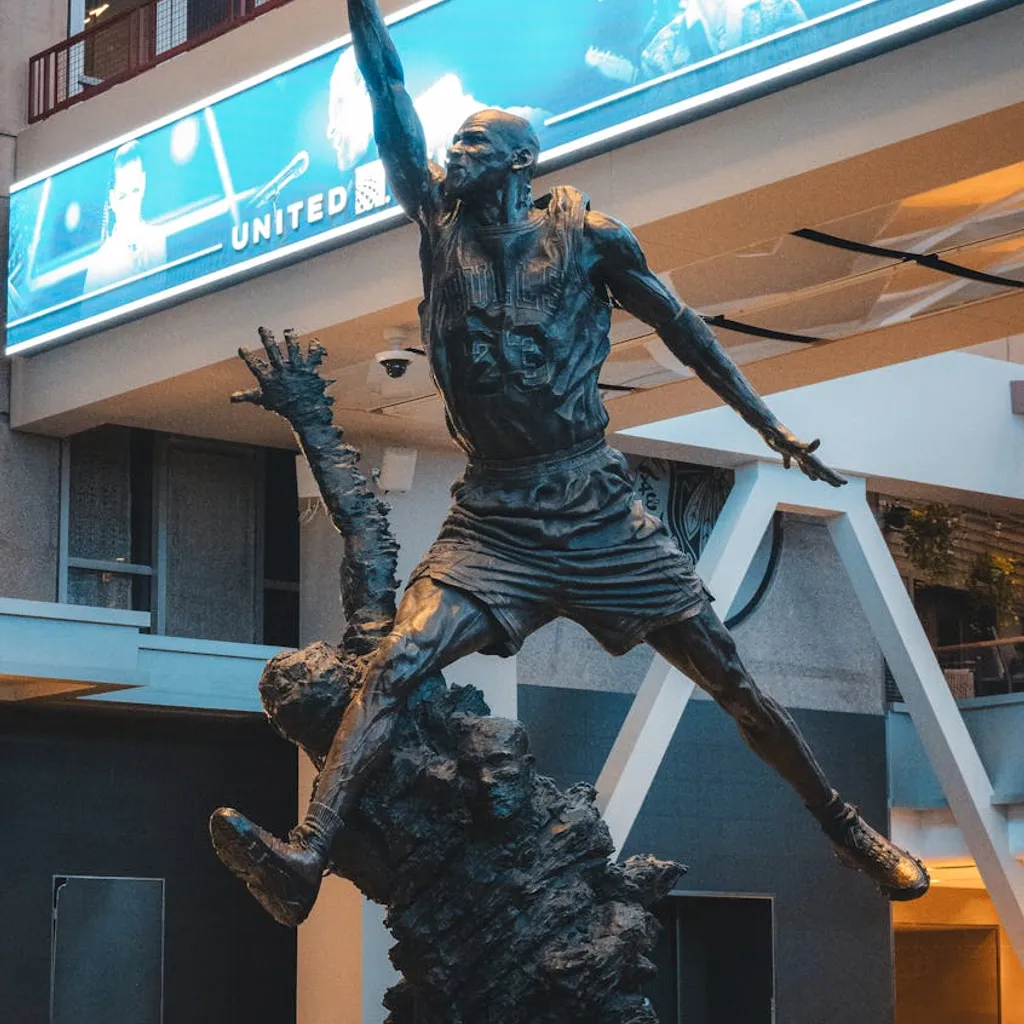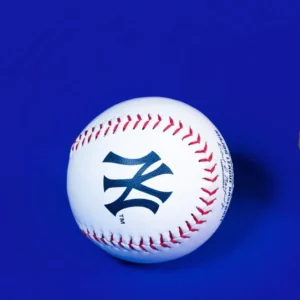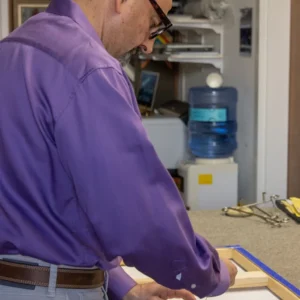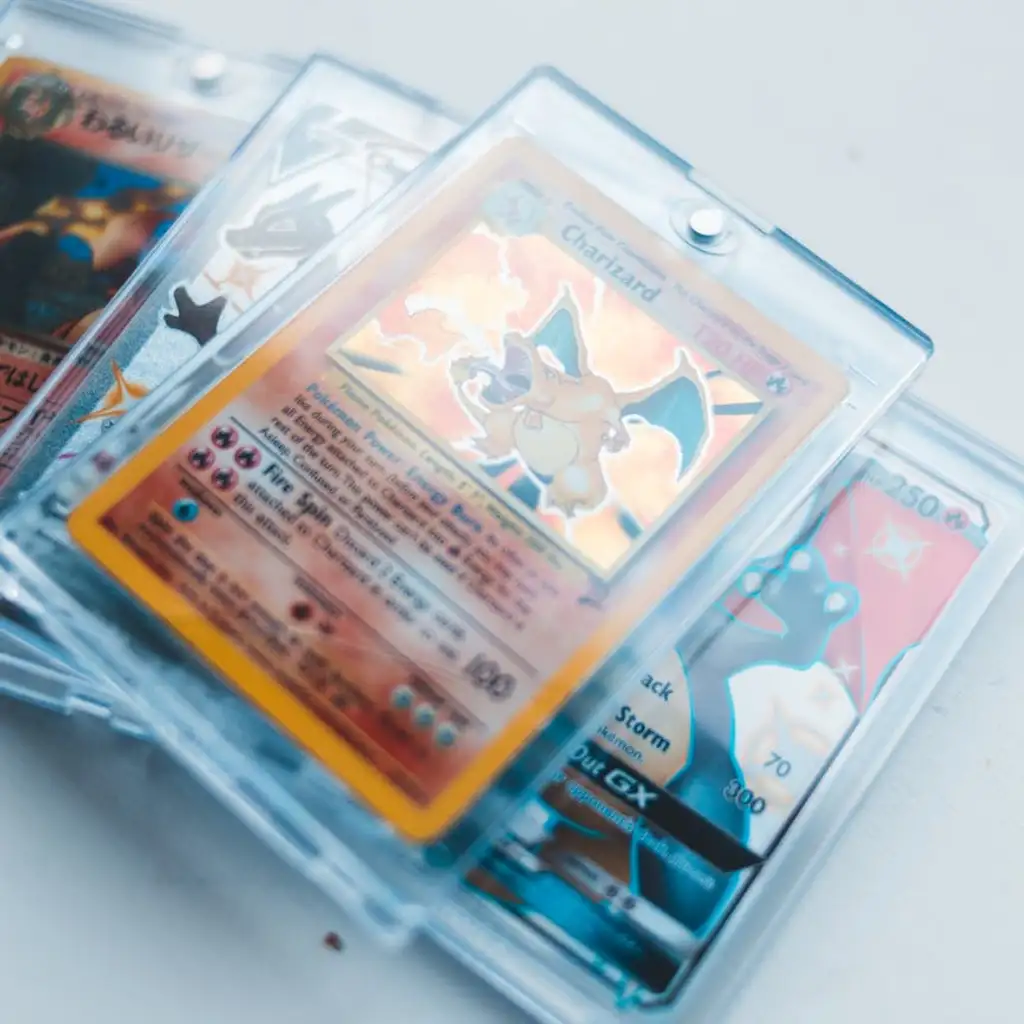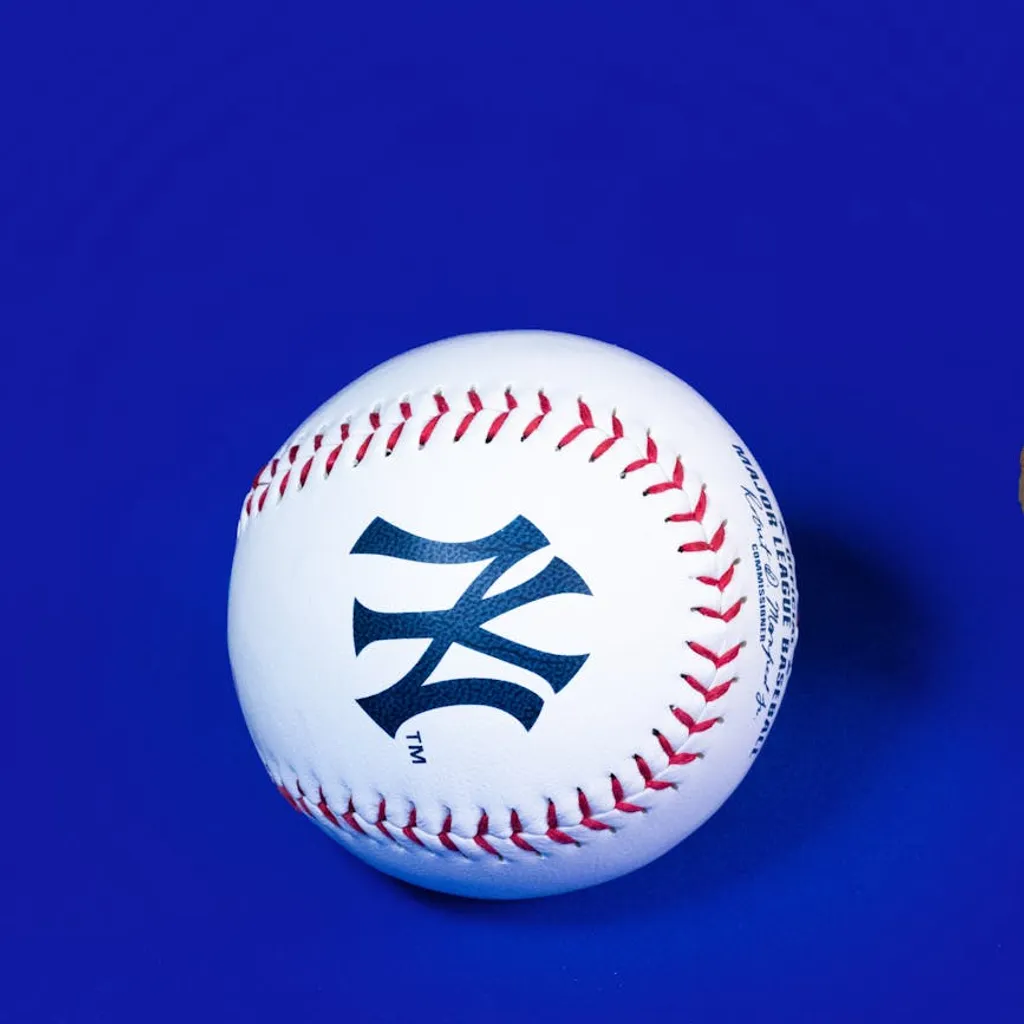In the bustling world of sports trading cards, a chilly Saturday before Thanksgiving saw thousands converge at a convention center near O’Hare International Airport. The Chicago Sports Spectacular, a staple in the collectibles community, transformed into a vibrant marketplace reminiscent of a bygone era, albeit with modern financial stakes. Approximately 400 dealers showcased their collections, offering cards of both legendary and current athletes. Prices were marked on Post-it notes: $45 for a Luka Doncic card, $100 for Zion Williamson, and more. Enthusiasts paid a $15 cash-only entry fee, navigating a maze of tables in search of rare gems like signed Mickey Mantle baseballs and Michael Jordan rookie cards.
These traditional card shows have long been the backbone of the multibillion-dollar hobby. However, the landscape is undergoing a significant transformation. Fanatics, a giant in sports merchandise, is making a bold foray into the sports collectibles sector. With exclusive contracts with stars such as Tom Brady and LeBron James, Fanatics aims to revolutionize the industry. Two years ago, it secured exclusive trading card rights with MLB and the baseball players union, subsequently acquiring Topps for around $500 million. This strategic move positioned Fanatics as a dominant force in an industry valued at $44 billion.
“This industry has been in the shadows, and we’re bringing it into the spotlight, making it exciting and relevant,” stated Mike Mahan, head of Fanatics Collectibles. However, Fanatics’ aggressive expansion has unsettled many within the trading card community. Chris Keller, a collector and shop owner in Elgin, Illinois, believes the industry was ripe for disruption.
Fanatics is employing a familiar strategy to assert its dominance: acquiring key industry players, leveraging connections with athletes and leagues, and minimizing intermediaries to cut costs. Topps now sells directly to nearly 700 hobby shops, up from 180 before the acquisition. Fanatics also purchased GC Packaging, a leading card printer, to enhance quality and reliability, and acquired PWCC, the second-largest online card marketplace.
As Fanatics consolidates its position, concerns arise among small shopkeepers and distributors about potential monopolistic practices. Legal battles have ensued, with Panini, Fanatics’ main competitor, filing a lawsuit alleging antitrust violations. Panini claims Fanatics’ exclusive deals with major leagues could stifle competition and innovation. In response, Fanatics countersued, accusing Panini of poor practices and asserting that their approach is simply a modern evolution of Panini’s past strategies.
Innovation and Industry Transformation
Despite the legal skirmishes, some industry insiders see Fanatics’ entry as a catalyst for innovation. Michael Osacky, a card appraiser, believes the hobby needs fresh ideas to break from its traditional mold. The card market has experienced fluctuations, with booms and busts over the decades. During the pandemic, prices surged as collectors had more time to indulge in their passion, though the market has since stabilized.
Keller, embracing the digital age, has been selling cards on YouTube since 2011 through live breaking, where sellers open card packs online for viewers. This method gained traction during the pandemic and is one of the ways Fanatics plans to modernize the industry. Last summer, Fanatics launched Fanatics Live, a platform to compete with other live breaking sites, offering cards directly from Fanatics.
As Fanatics continues to innovate, hobby shops remain the heart of the card world. Shopkeepers are adapting to the new landscape in various ways. Mike Calvanico, a veteran shop owner in New Jersey, focuses on selling boxes and cases rather than single cards. He notes that Panini has recently issued more popular card series among his customers.
At the Chicago card show, many shop owners expressed optimism about Fanatics’ potential to attract more customers by bringing celebrities and athletes into their stores. Sean Doroudian, a dedicated collector, eagerly anticipates Fanatics’ expansion into basketball cards. “I can’t wait for the licensing deal,” he remarked, to which Mahan confidently responded, “It’s not a hope.”
